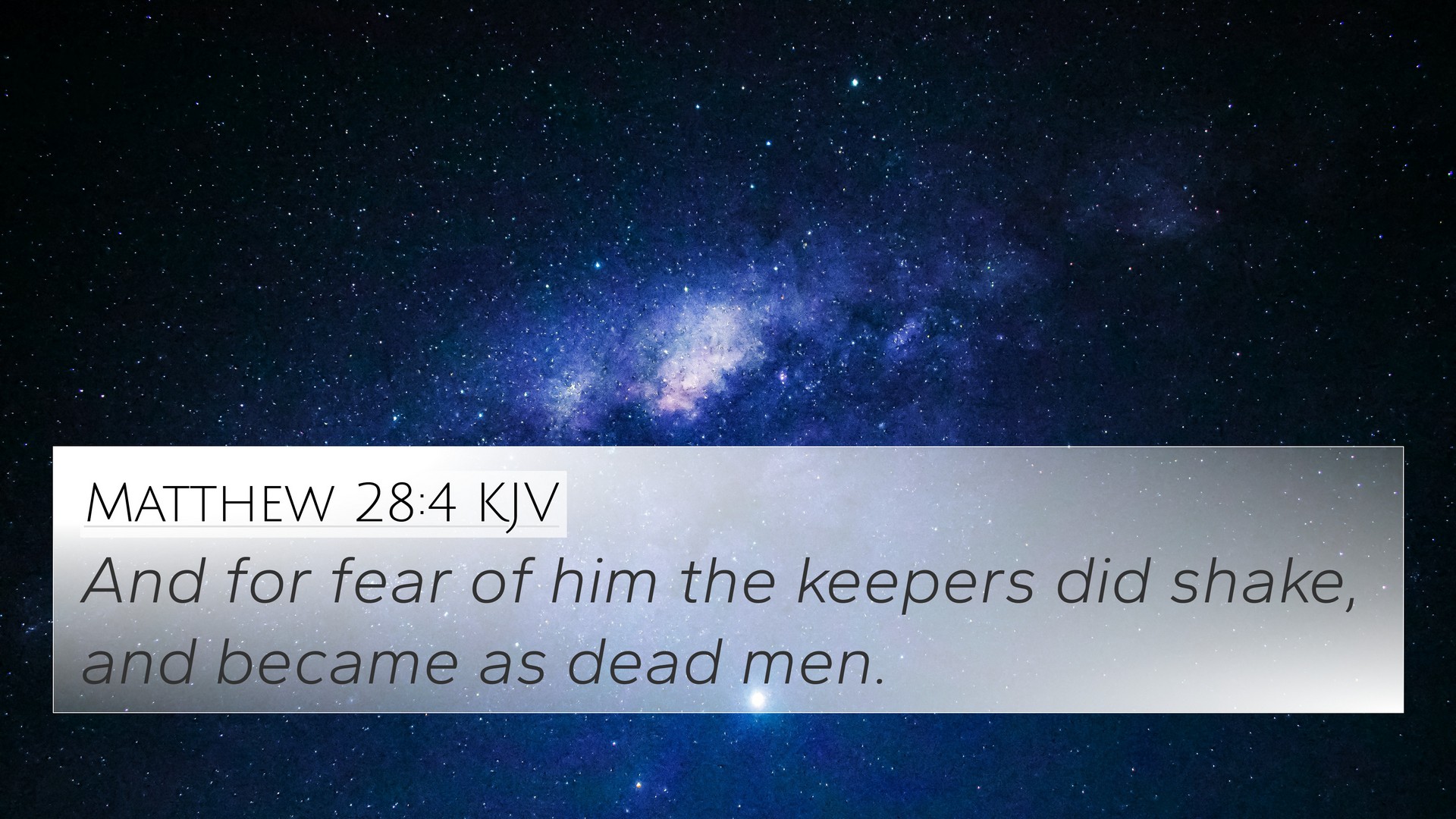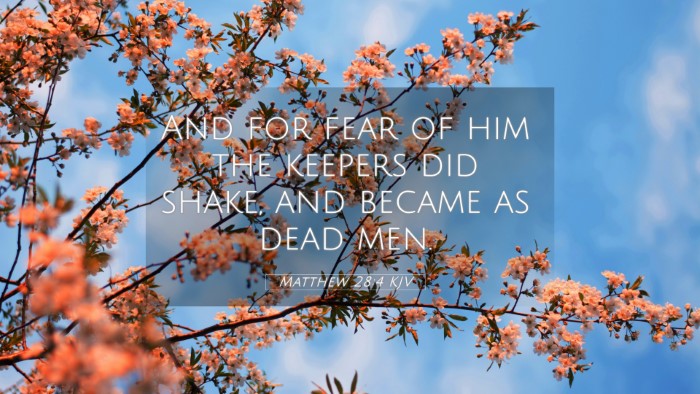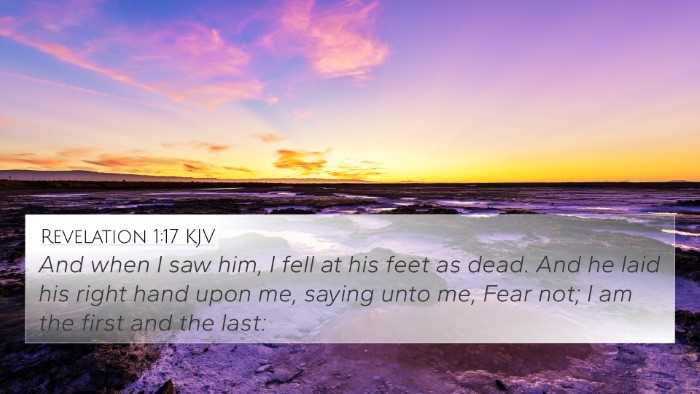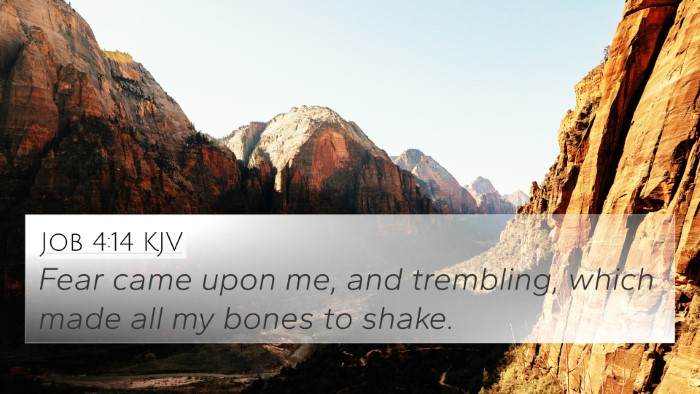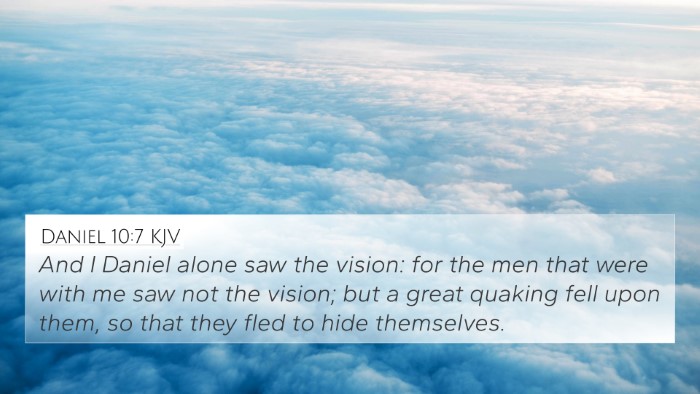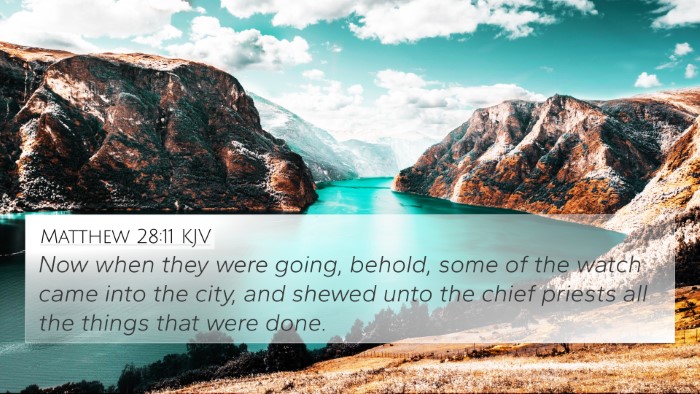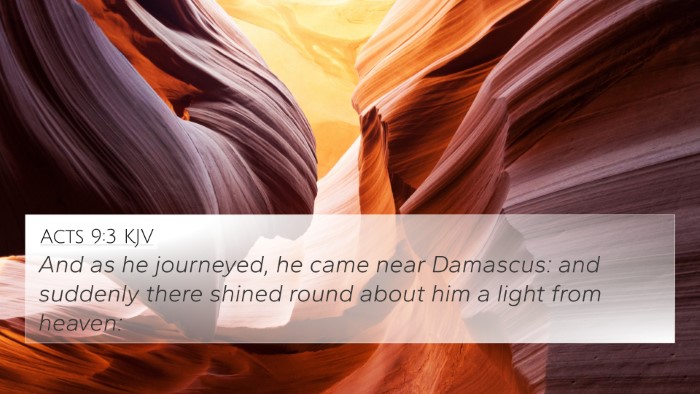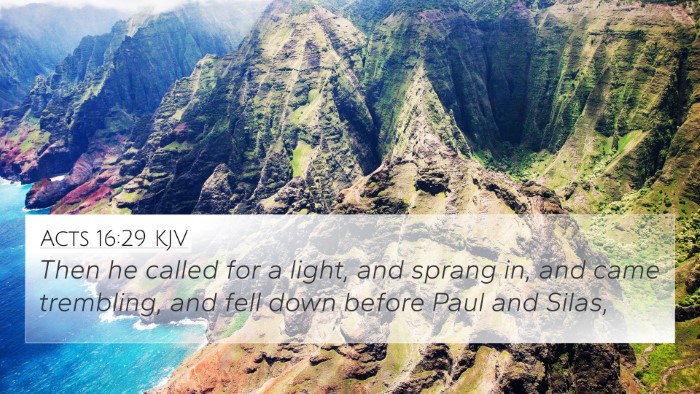Understanding Matthew 28:4
Bible Verse: Matthew 28:4 - "And for fear of him the guards trembled and became like dead men."
Summary of the Verse
Matthew 28:4 describes the reaction of the guards at Jesus' tomb upon witnessing the angel's descent. Their fear was so intense that they lost all strength, resembling dead men. This verse encapsulates the dramatic moment of Jesus' resurrection and the divine intervention that heralded it.
Insights from Commentaries
Matthew Henry's Commentary
Divine Power and Authority: Henry emphasizes the display of divine power at the resurrection. The guards, who were trained soldiers, were rendered powerless in the presence of God's messenger. Their faintness underscores the idea that human strength is insignificant before divine authority.
Albert Barnes' Commentary
Fear and Awe: Barnes notes that the fear of the guards illustrates how the presence of God can evoke profound terror. Their reaction serves as a reminder of the holiness and might of God, which can overwhelm those who encounter His glory.
Adam Clarke's Commentary
Symbol of Spiritual Confrontation: Clarke reflects on the deeper spiritual implications of the guards’ fear. Their state represents the struggle between faith and disbelief. The soldiers’ transformation from active defenders to paralyzed witnesses highlights the shift in reality from death to life through the resurrection of Christ.
Connections Between Bible Verses
Matthew 28:4 establishes connections with several different passages throughout Scripture, providing a broader understanding of its implications.
- Matthew 27:66: The sealing of the tomb illustrates efforts to prevent the resurrection.
- Luke 24:4-5: The women's encounter with angels further affirms the resurrection's significance.
- John 20:12: Mary Magdalene's encounter with angels mirrors the guards' awe at divine messengers.
- Revelation 1:18: Jesus’ declaration of having conquered death links to the fear manifested by the guards.
- Acts 1:10-11: The ascension of Christ confirms His authority over death, aligning with the guards' experience.
- Romans 8:38-39: The assurance that nothing can separate us from God resonates with the fear induced by His presence.
- Philippians 2:10-11: Every knee will bow before Christ, highlighting His ultimate authority that the guards experienced.
Thematic Bible Verse Connections
The themes of fear, resurrection, and divine authority in Matthew 28:4 resonate throughout Scripture. This verse can be linked to various themes, demonstrating how interconnected biblical texts are.
Key Themes:
- Fear of God: A recurring theme throughout Scripture, evident in Genesis 15:12 and Exodus 20:20.
- Resurrection and Victory: Central to the New Testament, as seen in 1 Corinthians 15:55-57, where death is defeated.
- Divine Revelation: Similar to moments throughout the Old Testament like Isaiah 6:5, where the holiness of God is revealed.
Tools for Bible Cross-Referencing
For a deep and enriching understanding, utilizing tools for Bible cross-referencing will guide individuals in exploring related verses, themes, and interpretations.
- Bible Concordance: A valuable resource for finding verses related to specific themes or words.
- Bible Cross-Reference Guide: Helps in tracing connections between verses across both Old and New Testaments.
- Comprehensive Bible Cross-Reference Materials: Aid in analysis for sermon preparation or personal study.
Comparative Bible Verse Analysis
Engaging in a comparative study of biblical texts reveals deeper insights. For instance, comparing the reaction of the guards in Matthew 28:4 with that of Peter’s initial disbelief in John 20:5 provides a fuller narrative of reactions to the resurrection.
Inter-Biblical Dialogue
Matthew 28:4 invites readers to explore how different parts of the Bible converse with one another. This inter-Biblical dialogue enhances understanding and shows the cohesiveness of God's message through history.
Conclusion
Matthew 28:4 not only signifies a pivotal moment in the Christian faith—the resurrection of Jesus—but also serves as a profound illustration of God's power and the proper reverence He commands. By examining this verse through the lens of established commentaries and cross-referencing it with related scriptures, we gain a richer comprehension of its place within the Bible's grand narrative.
